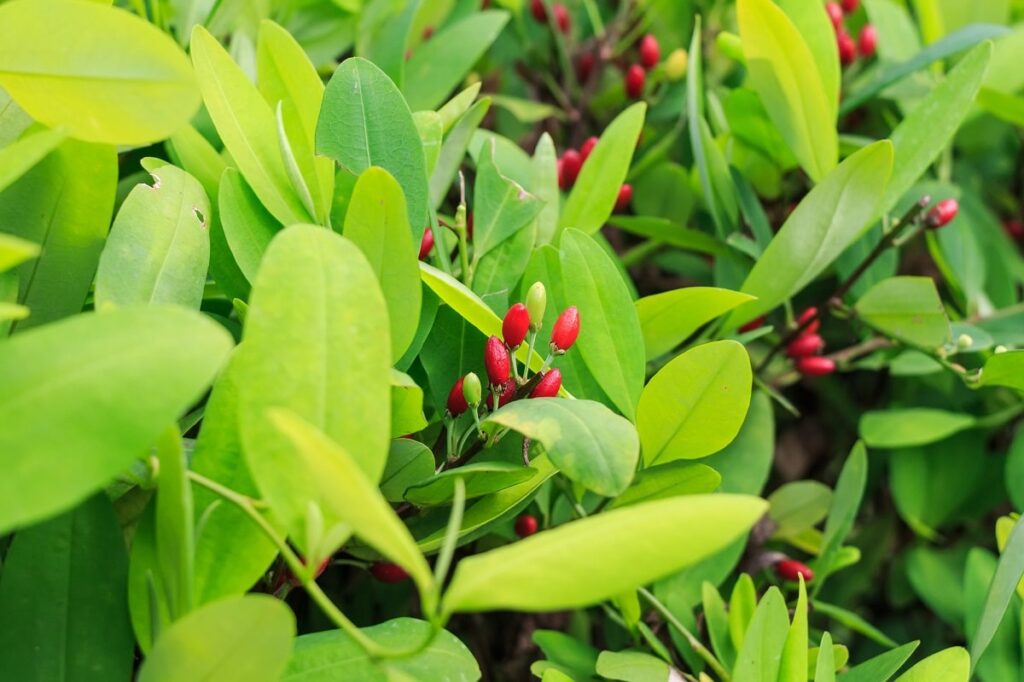[ad_1]

A schoolteacher brought coca leaves to class. The next day, a parent complained. Now, 6 months later, the Board of Education is apologetically bowing on national TV. The teacher? Shunned out of the education system.
Ignorant in the harshest country for drugs
On August 8th, Aichi Prefecture ordered the disciplinary dismissal of an unnamed 54-year-old female teacher Miyuki Elementary School in Toyohashi City for showing coca leaves to students, according to Aichi Prefecture’s Board of Education.
The coca leaf is one of the 164 illegal substances Japan places on its Controlled Substances List. Japan regulates it under the Narcotics and Psychotropics Law, the Cannabis Control Law, and the Stimulants Control Law.
Japan has some of the world’s strictest drug laws, as seen in the recent string of drug arrests involving student-athletes.
The coca leaf falls under the category of narcotic drugs.
Japanese law states that the use, possession, distribution, and receiving of narcotic drugs is punishable by up to 10 years in prison depending on the type of drug in question. If there is an objective of making monetary profit involved, prison sentences can be as long as 20 years with a fine.
Police filed charges against the former teacher, alleging her violation of the Narcotics and Psychotropics Control Act. However, the Toyobashi Branch of the Nagoya District Court dropped the case, saying the defendant acted in ignorance.
Show-and-tell…and lose your job
In February this year, during a class on foreign cultures and customs, the former teacher presented 3rd-grade students with coca leaves and coca tea bags, according to Aichi Prefecture’s Board of Education.
The teacher explained to students that people in Colombia use the coca leaves as tea or “medicine to treat altitude sickness.” The teacher additionally mentioned that the plant was the raw material for cocaine.
The day after, a parent of one of the teacher’s students visited Miyuki Elementary School and reported to the curriculum coordinator that their child’s teacher had “smuggled cocaine ingredients into class.”
The teacher had already possessed the coca products in question for 5 years since she purchased the items during a vacation to Columbia in 2017. The teacher bought one bag with 50 grams of coca leaves and a box of coca leaf tea bags and reentered Japan in 2018, allegedly unaware of their illegality.
“My motive for bringing coca leaves into class came from my passion to teach students about cross-cultural understanding. However, I am now filled with deep remorse for my actions that lacked consideration,” said the teacher, according to officials.
The former teacher now loses all status as a public servant. In cases of disciplinary dismissal, retirement money is either partially or completely taken away.
Specific details regarding the teacher dismissed for showing coca leaves in terms of her retirement payout are unknown.
How Japan punishes and protects schoolteachers
Chokai-menshoku (懲戒免職) is a type of disciplinary action that can be imposed on Japanese public servants, including schoolteachers.
There are four types of disciplinary action: menshoku (免職), teishoku (停職), genkyū (減給), and keikoku (警告). These respectively each mean dismissal, suspension, pay cut, and warning.
Note that a dismissal is not the same as a layoff in Japan. A disciplinary dismissal applies only to public servants. Civilian companies use a disciplinary layoff to force out employees without negotiation.
Public servants in Japan are immune to firing like corporate employees, whose companies can let them go due to downsizing or restructuring. Unless public servants commit punishable actions, Japanese law guarantees them lifelong employment.
The scale of justice: coca leaves weigh more than violence
In Toyobashi City, the same city as our current story, another recent case of disciplinary action made headlines.
Aichi Prefecture’s Board of Education announced that it ordered a 6-month pay cut and ¥500,000 fine to a 37-year-old male middle school teacher for inflicting injuries on his own brother including a broken rib in July 2022. Reports say that the teacher was angry at his brother for breaking their shared water heating system’s controller.
Other cases of disciplinary dismissal
Cases of disciplinary dismissal for schoolteachers that surface on national news are less often about drugs. More often, they revolve around sexual misconduct and harassment.
One of the most recent cases to make national headlines was from Hokkaido Prefecture. On August 4th, Hokkaido Prefecture’s Board of Education announced that it ordered the disciplinary dismissal of two male teachers who had each committed “indecent acts” to female students.
The “indecent acts” by the 46-year-old male schoolteacher were of him forcing a female middle school student to undress in hidden classrooms so that he could touch her breasts.
The school board found that the 52-year-old male schoolteacher committed these crimes over a dozen times at hotels between March and July of 2022. The female student was then in high school but had attended the middle school where the teacher had been teaching at.
What to read next
Startling Anti-Drug Manga in Japan Draws Intense Mockery
Sources
[1] 「コカインの原料になる」女性教諭が小学校の授業で麻薬成分を含む“コカの葉”を児童に見せる 5年前にコロンビア旅行で購入し自宅で保管 【発覚までの経緯詳報】. Yahoo! ニュースJAPAN
[2] Controlled Substances List. Narcotics Control Department
[3] 外国文化の授業でコカのは見せる 南米で買った女性教諭を懲戒免職. 朝日新聞デジタル
[4] 麻薬・向精神薬取締法の罪. 元検事の弁護士による刑事事件法律相談
[5] 懲役免職とは?懲役解雇との違い、判断基準、該当する場合など紹介. あしたの人事
[6] 懲役免職とは?意味や懲戒解雇との違い、処分の注意点について解説. Money Forward
[7] 無人の教室やホテルで…女子生徒といかがわしい行為 男性教諭2人を懲戒免職 北海道教育委員会. Yahoo! ニュースJAPAN
[8] わいせつ動画を生徒に送信 臨時教諭を懲戒免職. NHK
[9] 女子生徒と性行為、男性教諭ら2人を懲戒免職 都教委. THE SANKEI NEWS
[ad_2]
Source link

